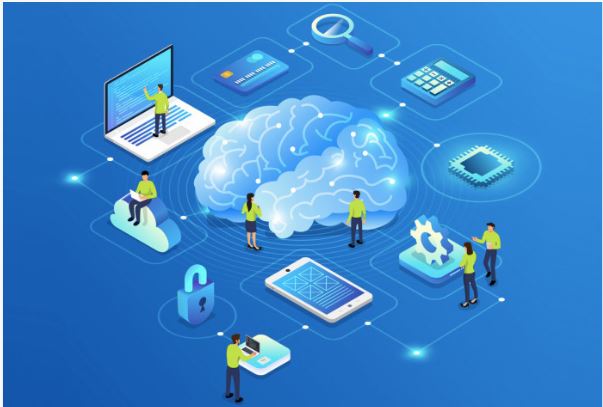Press coverage of artificial intelligence highlights its exponential growth, which is generating both fascination and fear in many fields, including education. On the one hand, we are fascinated by the opportunities offered by this technology: artificial vision, which allows a machine to identify the content of an image and to proceed to classification by inferred colors, faces or objects; and voice recognition, which allows virtual assistants to transcribe natural language and to assume appropriate responses. On the other hand, one can quickly feel at a loss when it comes to giving examples of how to use it in a way that benefits humanity. We are constantly being told that AI will be omnipresent in the coming years and that the education sector must absolutely comprehend this technology in order to prepare the adults of tomorrow. But what are the exploitable avenues of exploration? How can AI be used meaningfully? In order to answer these questions, I propose a short reflection on the use of AI in education, and subsequently, to discover 8 avenues of exploration for a real pedagogical application of this technology.
From vitrine technologie éducation (vté) December, 2019




